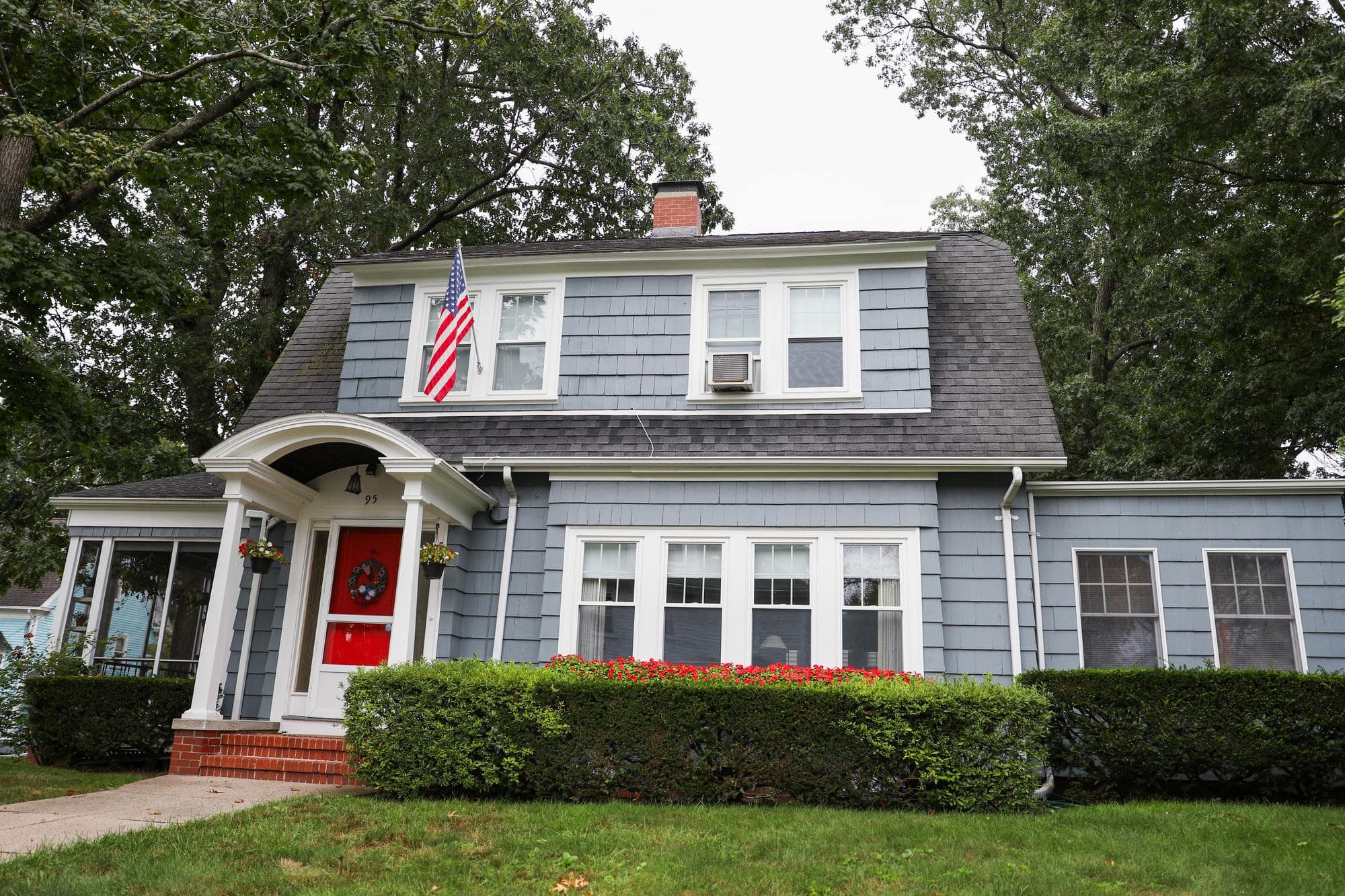How much are closing costs in New Jersey?

Closing costs in New Jersey can significantly impact your home sale, typically averaging around 3.30% of the final sale price. For instance, on a median-priced home of $490,394, sellers could face approximately $16,235 in closing costs. Understanding these expenses is crucial, as they encompass various fees and charges essential for completing the real estate transaction.
Home buyers are totally over the moon about snagging their dream homes until they lay eyes on the closing disclosure. Lo and behold, it details a bunch of extra expenses you’ve got to deal with – the infamous “closing costs.
On average, closing costs in New Jersey account for $7-8K. These are upfront expenses important for securing, purchasing, and maintaining your home. Closing costs can vary widely based on the area. This substantial sum might catch first-time buyers off-guard, especially as they focus on saving for the down payment. As a rule, 2-5% of the ultimate purchase price is used to handle closing costs in New Jersey.
What Are Closing Costs?
Closing costs are inevitable fees associated with finalizing a real estate deal, applicable to both buyers and sellers. Whether you’re purchasing a home, selling a property, or refinancing an existing mortgage, various charges come into play. While some fees are linked to the home loan and pertain to buyers, others encompass filing charges, government fees, real estate taxes, and insurance expenses.
If a home seller contributes to your closing costs, they often adjust the sales price accordingly. In cases where a lender assists with closing costs, these expenses are typically either rolled into the loan or compensated through a higher interest rate on your mortgage.
Who Bears Closing Costs in New Jersey?
Usually, both buyers and sellers share the responsibility of covering closing costs in New Jersey.
Sellers typically shoulder specific costs, including title fees, transfer taxes, owner’s title insurance, and recording fees. Negotiation power exists to determine which party covers particular expenses, emphasizing the importance of having an experienced agent who can advocate for your best interests.
Home sellers must have a clear understanding of their closing costs before listing their property. It is the responsibility of your real estate agent to furnish you with an estimate detailing the expected payments and the allocation of various fees. In New Jersey, the primary components of closing costs for sellers typically include real estate agent commissions and transfer taxes.
On the other hand, buyers incur a greater number of closing costs in comparison to sellers, although the total closing expenses are relatively lower. This is due to the fact that many of these costs consist of individual fees, often just a few hundred dollars each, which collectively contribute to the final bill. To gain a greater understanding of your anticipated closing fees, sample closing costs can be requested from the real estate agent.
Critical Components of Seller Closing Costs
- Title Service Fees: Covering title search and transfer costs
- Owner’s Title Insurance: Safeguarding against title-related issues.
- Transfer Tax: Levied by New Jersey to transfer property ownership.
- Recording Fees: Charges for legally recording property deeds and mortgage information.
- Buyer Incentives: Offered to attract buyers, including covering closing costs.
- Other costs: Depending on unique factors and negotiations.
Additional Considerations for Sellers
- Property Taxes: Sellers must settle property taxes for the months owned, varying by county.
- Miscellaneous Expenses: Unexpected fees like HOA fees, mortgage payoff penalties, and property appraisal costs may rise.
Tips to Manage Closing Costs

How to use ChatGPT to create irresistible property presentations that will help you close more deals
by Ivan River- Negotiate with the Buyer: In a competitive market, sellers can negotiate for the buyer to cover specific closing costs.
- Cash Transactions: Selling to a cash buyer or buying with cash can eliminate mortgage-related costs.
- Shop Around: Comparing rates for services like title insurance and closing fees may yield cost savings.
- Realtor Negotiations: Selecting an agent who offers lower commission rates or negotiating fees can contribute to significant savings.
Match for you
Sep 18, 2024
Selling and Buying a Home at the Same Time can be a tricky situation to manage. Coordinating both transactions at the same time is often stressful, especially if you need the proceeds from your current home to fund the next purchase. In a perfect world, you’d be able to sell your current house and move […]
Sep 12, 2024
Selling a home for cash involves a lot of documentation, which you’ll need to gather before you get a cash offer or even ask to have such an offer. One key document is the seller net sheet to Sell Your House Fast, which outlines your total costs and potential profit when you “sell my house […]
Sep 11, 2024
Selling a home is a major decision, likely one of the biggest financial transactions a person will ever make. Most people tend to stay put after making such a commitment. U.S. homeowners typically remain in their homes for a median of 13 years, according to data from Redfin and the National Association of Realtors, a […]
Match for you
How to use ChatGPT to create irresistible property presentations that will help you close more deals



